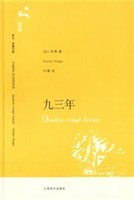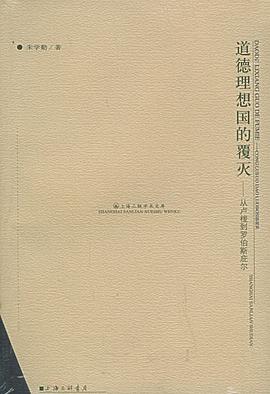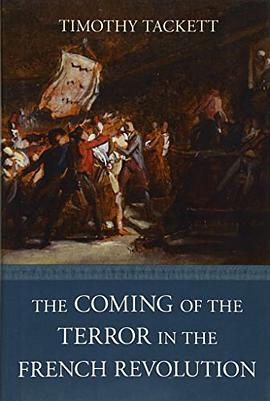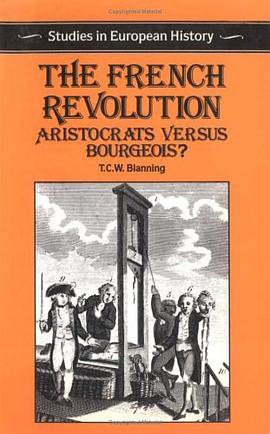法國大革命
道德理想国的覆灭 豆瓣
8.0 (6 个评分)
作者:
朱学勤
上海三联书店
2003
- 10
卢梭首先继承了中世纪救赎传统,并努力把这一传统传递给近代社会。正是在这一点上,他与坚持世俗理性的启蒙运动发生根本性的分歧。卢梭是一个颠覆性的二传手。他传出的是一个爆炸性的烈球。他的颠覆对象并不是彼岸天国,那一天国已随上帝远去。他要颠覆的对象,是此岸文明结构——从世俗生活一直到政治王国。他的理论包装是历史复古主义的悲观色彩,其内里的填料却是一种可燃可爆的道德理想主义:重建道德共同体,重建世俗社会。政治结构、文明规范。在这个意义上说,卢梭理论是一种早产的解构主义,社会政治上的解构主义。因此,它一旦落地引爆,就不仅仅是一场英美式的政治革命。它要把政治革命延伸为社会革命,把社会革命延伸为道德革命,把一次革命引申为不断革命、继续革命、再生性革命。用罗伯斯庇尔的话来说,那一场革命不仅仅是一场国内战争,也是一场国际战争,更兼一场宗教战争。
The Coming of the Terror in the French Revolution 豆瓣
作者:
Timothy Tackett
Belknap Press
2015
- 2
Between 1793 and 1794, thousands of French citizens were imprisoned and hundreds sent to the guillotine by a powerful dictatorship that claimed to be acting in the public interest. Only a few years earlier, revolutionaries had proclaimed a new era of tolerance, equal justice, and human rights. How and why did the French Revolution's lofty ideals of liberty, equality, and fraternity descend into violence and terror?
The French Revolution 豆瓣
作者:
T. C. W. Blanning
Palgrave Macmillan
1987
- 6



